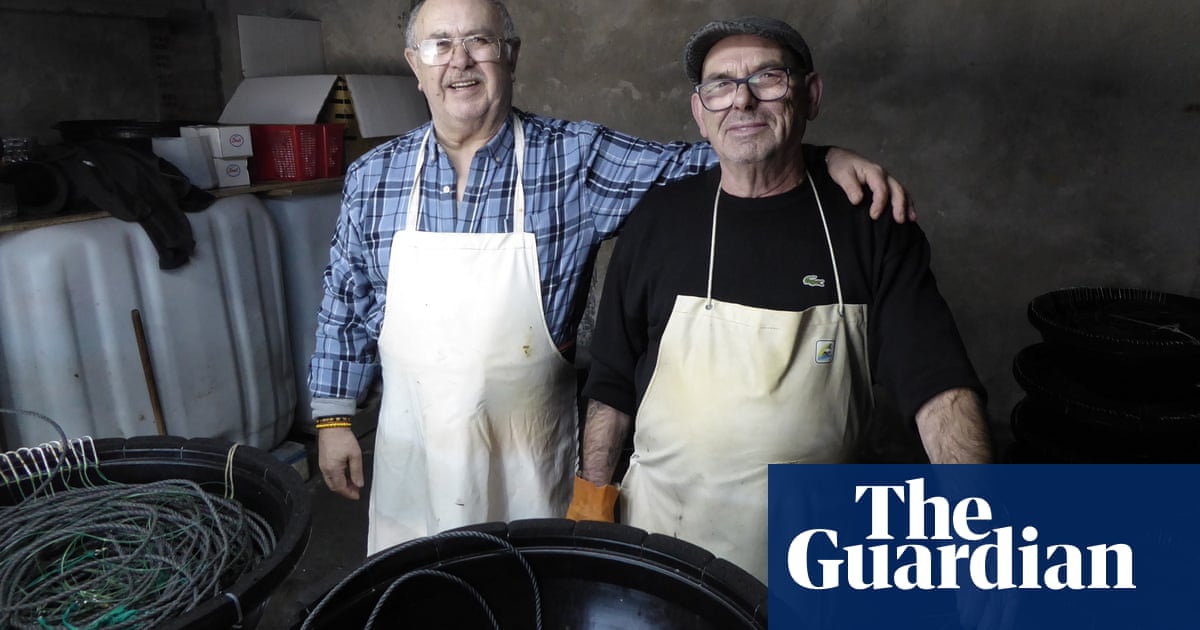Nestled in the northwestern corner of Spain, the region of Galicia is known for its breathtaking coastal landscapes, charming fishing villages, and, of course, its incredibly fresh and delicious seafood. Galicia’s Atlantic diet is steeped in tradition and history, and it has quietly been gaining recognition as a vibrant and unique culinary experience that rivals its more famous Mediterranean cousin.
When one thinks of Spanish cuisine, the first things that come to mind are typically paella, tapas, and sangria – all of which hail from the Mediterranean region. However, in recent years, food enthusiasts and chefs alike have started to take notice of the rich culinary traditions of Galicia, where the sea is the main provider of ingredients for the region’s food.
At the heart of Galician cuisine is a deep connection to the sea. The region’s rugged coastline stretches for over 1,500 kilometers, offering a bounty of fresh seafood that has sustained its inhabitants for centuries. From octopus and razor clams to barnacles and percebes (gooseneck barnacles), Galicia’s seafood is as diverse as it is delicious.
One of the most famous dishes to come out of Galicia is pulpo a la gallega, or Galician-style octopus. This simple yet incredibly flavorful dish consists of tender octopus drizzled with olive oil and sprinkled with paprika and coarse sea salt. It is a staple at any Galician fiesta or celebration, and it perfectly encapsulates the region’s love for seafood and its commitment to preserving traditional recipes.
Another iconic dish is empanada gallega, a savory pie filled with a variety of seafood, meats, or vegetables. The pastry is typically made with wheat flour, oil, and water, and it is often enjoyed as a snack or light meal. Empanada gallega comes in many variations, each reflecting the local ingredients and flavors of the area where it is made.
In addition to seafood, Galicia’s Atlantic diet also includes an abundance of fresh fruits and vegetables, as well as dairy products and meats. The region’s fertile land produces an array of crops, such as potatoes, cabbage, and peppers, which are used in traditional dishes like caldo gallego, a hearty soup made with greens, potatoes, and chorizo.
Despite the growing popularity of Galician cuisine, the region’s culinary traditions remain deeply rooted in its history and culture. Many Galician families still rely on age-old recipes passed down through generations, and local markets are filled with ingredients that have been harvested or caught just hours before they hit the dinner table.
In recent years, there has been a renewed interest in the Atlantic diet and its potential health benefits. Studies have shown that the high consumption of seafood in Galicia is linked to a lower risk of heart disease and other chronic conditions, thanks to the abundance of omega-3 fatty acids found in fish and shellfish. Additionally, the region’s emphasis on fresh, locally sourced ingredients means that Galician dishes are often high in nutrients and free of additives and preservatives.
Despite its many virtues, Galician cuisine still faces challenges in gaining recognition on a global scale. The region’s rugged terrain and cooler climate make it less conducive to large-scale agriculture, which means that many of its unique ingredients are not readily available outside of Galicia. Furthermore, the dominance of Mediterranean cuisine in the international food scene has made it difficult for Galician dishes to break through and find a wider audience.
However, as more chefs and food enthusiasts discover the delights of Galician cuisine, there is hope that the Atlantic diet will continue to gain traction and recognition. With its emphasis on fresh, locally sourced ingredients and its rich culinary traditions, Galicia’s food scene is a treasure trove waiting to be explored and savored.
In conclusion, the Atlantic diet of Galicia is a culinary gem that stands out for its freshness, simplicity, and unparalleled flavors. With its emphasis on seafood, vegetables, and dairy products, it offers a unique and wholesome alternative to the more widely known Mediterranean diet. Whether you are a seasoned foodie or a curious traveler, a visit to Galicia is sure to tantalize your taste buds and leave you craving more of its delicious offerings. So next time you find yourself in Spain, be sure to make a detour to Galicia and experience the magic of its Atlantic diet for yourself.




